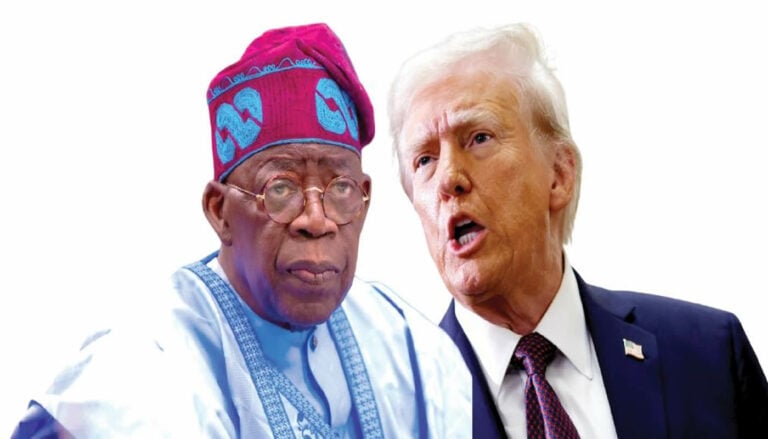VOICE AIR MEDIA News Update
THE United States Government has announced that the implementation of an increment of its nonimmigrant visa fees which was scheduled for May 30, 2023, would be implemented on June 17.
The U.S. Department of State made this known on Thursday in a statement released on the website of the U.S. Embassy and Consulate in Nigeria, saying the move is to facilitate legitimate travel to the American country for both immigrant and nonimmigrant travellers.
The U.S. Department of State stated that it recently published a Final Rule regarding increases to certain Nonimmigrant Visa application (NIV) processing fees and the Border Crossing Card (BCC) for Mexican citizens aged 15 years and above.
The US authorities said, “The effective date of the fee increase is postponed from May 30 to June 17, 2023. On June 17, the fee for visitor visas for business or tourism (B1/B2s and BCCs), and other non-petition based NIVs such as student and exchange visitor visas, will increase from $160 to $185.
“The fee for certain petition-based nonimmigrant visas for temporary workers (H, L, O, P, Q, and R categories) will increase from $190 to $205. The fee for a treaty trader, treaty investor, and treaty applicants in a specialty occupation (E category) will increase from $205 to $315.”
The statement noted that the NIV fees are set based on the actual cost of providing NIV services and are determined after conducting a study of the cost of the services.
“The Department uses an Activity-Based Costing (ABC) methodology to calculate, annually, the cost of providing consular services, including visa services.
“The fees for most non-petition based NIVs were last updated in 2012, and certain other NIV fees were last updated in 2014.
“Other consular fees are not affected by this rule, including the waiver of the two-year residency required fee for certain exchange visitors,” the statement added.
It further stated that visas for work and tourism are essential to President Joe Biden’s foreign policy and “we recognize the critical role international travel plays in the U.S. economy.”
(SaharaReporters)




